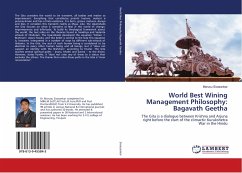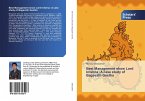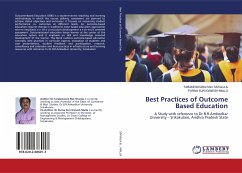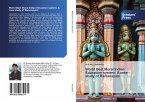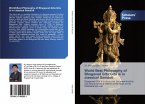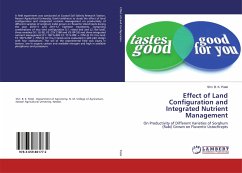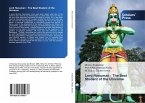The Gita considers the world to be transient, all bodies and matter as impermanent. Everything that constitutes prakriti (nature, matter) is process driven and has a finite existence. It is born, grows, matures, decays and dies. It considers this transient reality as Maya. Like, the Upanishads the Gita focuses on what it considers as Real in this world of change, impermanence and infinitude. To build its theological framework about the world, the text relies on the theories found in Samkhya and Vedanta schools of Hinduism. The Upanishads developed the equation "Atman = Brahman", states Fowler, and this belief is central to the Gita.This equation is, however, interpreted in a number of ways by different sub-schools of Vedanta. In the Gita, the soul of each human being is considered to be identical to every other human being and all beings, but it "does not support an identity with the Brahman", according to Fowler. The Gita teaches several spiritual paths - jnana, bhakti and karma- to the divine. However, states Fowler, it "does not raise any of these to a status that excludes the others. The theme that unites these paths in the Gita is "inner renunciation".
Bitte wählen Sie Ihr Anliegen aus.
Rechnungen
Retourenschein anfordern
Bestellstatus
Storno

